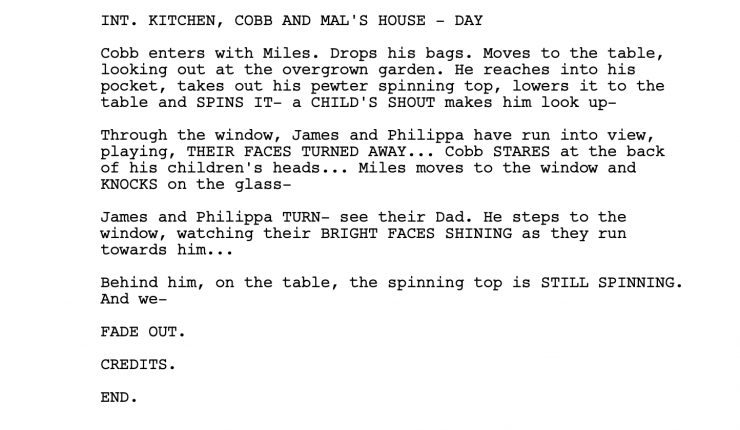I had been dreading this day, but finally, it came: the day I start my Common App Personal Statement. I stared at my computer screen thinking, trying to put something on the blank page, but nothing came. I truly had no clue where to begin. I didn’t want to write about my involvement in sports or my love for marine biology, they were too cliché; I had to write about something unique to me. Then it hit me: write about my brother.
Prior to junior year, writing had never been my strong suit. I was creative but could not put pen to paper in a transparent way. My old essays are filled with misplaced “howevers,” bad transitions, and very choppy sentences. That all changed junior year with a combination of ACT prep and a brutally hard English class. For me, junior year was a writing bootcamp.
I credit my mechanical improvement to my tutor Mikey. The Berkeley graduate spent hours working with me, forcing me to memorize the various grammar rules for the English section of the test. Slowly, throughout the first semester of junior year, I picked them up. I was able to work through the English section with relative ease. I was proud of myself for improving this much. I went from below average to near perfect on the section, it was clear my mechanics had improved. What I had not realized, though, is how it transferred over to my writing.
Ms. Everett is notorious at my high school for having the hardest class. At the end of the semester, kids come finish smiling with a C. So, going into her class I was obviously worried about the potential to have my GPA crippled. And, after the first week, I was well on track. My first quiz came back an 8%. It was a pop-quiz on the syllabus I had not read, but still, I was scared. The fact that there was a pop-quiz on the second day of school meant I had to always be prepared. Regardless of how prepared I was, it didn’t stop me from getting a C on the quiz the following day. There was little feedback on my short answer questions, so I scheduled a meeting with her. Even though this was the first one-on-one conversation I had with her, she treated me like I was an old student of hers – she got straight to the point. She told me my mechanics are off, that I change tenses, I can’t transition among other things. I knew I had to put in work if I wanted to succeed, and that is exactly what I did.
I spent countless lunch periods and after school sessions meeting with her. After every assignment, I was in her room asking for feedback. As the semester continued, it was clear my writing was improving. The combination between Mikey’s ACT prep and Ms. Everett’s one-on-one sessions, I began to feel confident in my ability to write.
Once it hit me, to write about my brother, I Instantly began to type all ideas I could on the page. My brother has autism, but I knew writing about just that was not enough. I didn’t want it to be a pity, sob story, but I wanted to write so other people were able to understand what it was like having an autistic sibling. I ended up writing about my experience’s scuba diving with him, showcasing how under water his nervous ticks and visible anxiety disappear. How, under water, he is the same as anyone else, and, above water, he is just trying to be understood.

